Faculty Roundtable: Curing Common Qualms
If you could create a cure for anything, what would it be and why?
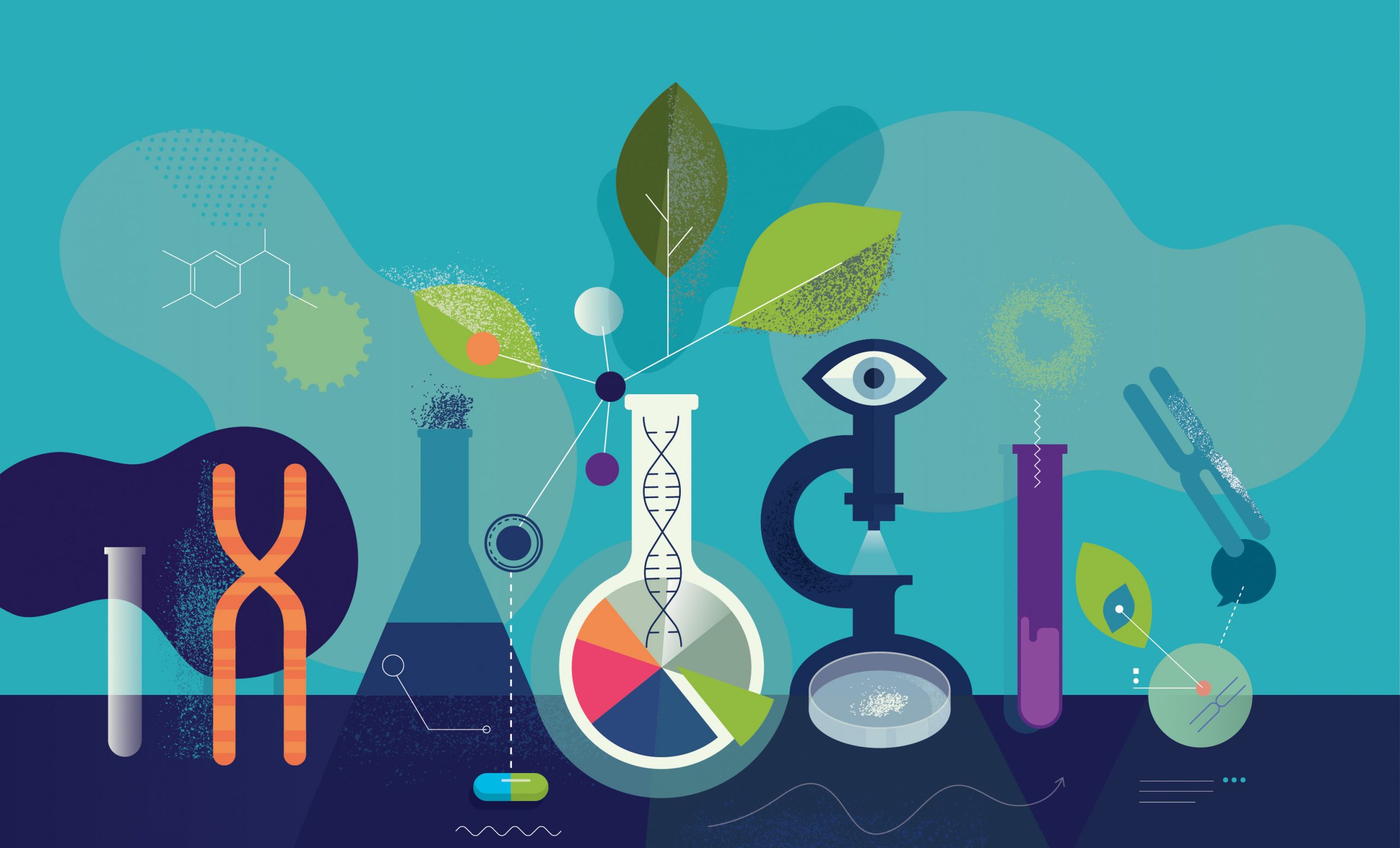
DrAfter123 | DigitalVision Vectors | Getty images
Faculty Roundtable: Curing Common Qualms
If you could create a cure for anything, what would it be and why?
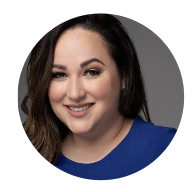 Patty Zamarripa
Patty Zamarripa
Assistant Professor of Professional Practice in Journalism
Bob Schieffer College of Communication
This is a really tough question to answer. There are so many things I wish we could cure and prevent, both physically and mentally. Being the overthinker that I am, there’s not just one answer for me. For physical ailments, I’d want to cure and prevent cancer and Alzheimer’s. Mental health issues are another ailment I wish we could prevent with a simple vaccine. Socially, I’d want to cure hate. As human beings, we all have probably been affected by one, all or more of these issues. How nice would life be without them?
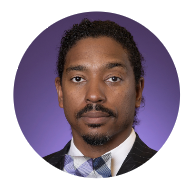 Frederick Gooding Jr.
Frederick Gooding Jr.
Associate Professor of African American Studies
I undoubtedly would create a cure for racism in all of its malignant forms. Why? Only because I believe this man-made cancer has served as a significant hindrance to the optimal health and well-being of society. Once we open our hearts and minds to the healing forces of reconciliation, we may not only increase our life expectancy, but also what we can expect out of life. (CAUTION: Anti-racism vaccine may contain strong doses of truth serum, which clinical tests prove is often difficult to swallow despite its known benefits.)
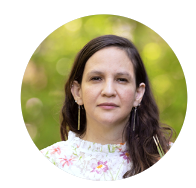 Tatiana Argüello
Tatiana Argüello
Assistant Professor of Spanish and Hispanic Studies
AddRan College of Liberal Arts
I would answer this question with the idea that cancer was already eradicated from the planet. In that case, I would cure the individualism and false idea of exceptionalism in contemporary societies. This illness has multiple symptoms such as racism, sexism, classism, homophobia, poverty, exploitation of nature, colonialism and other forms of violence against different types of communities. The vaccine will be in two doses: One will be called “thinking communally,” which does not mean that your individuality is erased but that you participate as an individual in an inclusive collective that can make social changes. The second dose will be called “empathy,” which would create a little bit of discomfort at the beginning but it helps us to put ourselves in the shoes of others and listen to their pain. When individualism is cured, our hearts will pump more blood and the veins of our brains will expand to new perceptions of realities. Learning from other cultures, their languages, literatures and their forms of life could definitely help in this treatment. Where could we start? Taking Spanish, Portuguese, French, German, Chinese, Italian, Arabic or other humanities fields at TCU that question individualism could help in the process.
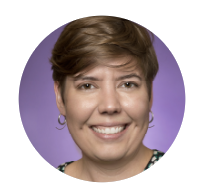
Jessica Fripp
Assistant Professor of Art History
I suppose my first instinct in the realms of reality would be HIV because while there are many treatments that help people live long lives with the virus and reduce its spread, it would be wonderful to see it eradicated. If we can say things that aren’t viruses, I would say injustice. Imagine if we could eliminate racism and other forms of discrimination or things like poverty with a jab!
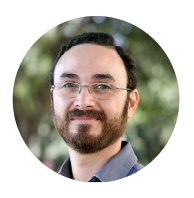 José Carrión
José Carrión
Assistant Professor of Mathematics
College of Science & Engineering
I’d like to see a cure for ignorance — willful ignorance. I think if we were all more willing to learn about each other, more curious, more ready to accept and understand all the knowledge that’s out there, then it would lead to a more empathetic and fair world. Getting rid of our society’s voluntary deafness would promote the overall good of the (global!) community, and the consequences would be far-reaching.
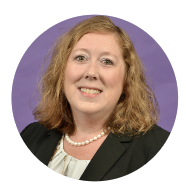 Teresa Drulia
Teresa Drulia
Assistant Professor of Communication Sciences and Disorders
Harris College of Nursing & Health Sciences
I dream big! I would develop a vaccine that prevents or cures dementia, a devastating group of progressive diseases, such as Alzheimer’s, that impacts far too many of those around us. The number of Americans with Alzheimer’s disease is expected to triple by 2060 to 14 million. We are most familiar with the cognitive changes in dementia, such as memory loss or behavioral changes. Yet later-stage disease progression inhibits a person’s ability to participate in conversations or eat a meal safely. Families often struggle with their loved one’s declining function and find themselves in a caregiving role. Science is making gains — perhaps a vaccine is not out of reach to restore the quality of life for those living with dementia and eliminate it for generations to come.
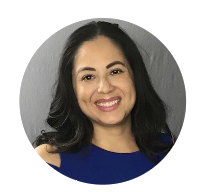 Naomi Alanis
Naomi Alanis
Assistant Professor of Medical Education
TCU and UNTHSC School of Medicine
We have been given the ability to use our brain (thinking, analyzing, decision-making etc.) to assess knowledge to heal — from putting on a Band-Aid for a scraped knee, to guided imagery to reduce pain, to infusion treatments for MS and beyond. So my answer would be to create a vaccine that is self-healing. If a self-healing vaccine were created, we could learn to use it progressively throughout our lives. I was always taught by my family and generations before to heal self first, and then you can heal others.
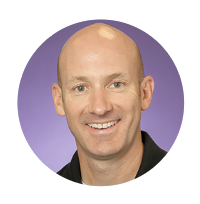 Curby Alexander
Curby Alexander
Associate Professor of Professional Practice
If I could create a cure for anything, it would be for loneliness. Whether it’s studying at TCU, entering a brand new job or working toward tenure, we can be so afraid of others discovering we don’t have our lives totally figured out. I don’t think there is anything more lonely than being isolated behind a wall of perfection. My cure would give people the security of knowing they are loved and accepted just as they are. If we could all launch toward our dreams from a place of love and acceptance rather than endlessly searching for it, I think we could start to understand the true meaning of freedom.
Share Your Thoughts
What would you like to cure and why? Leave a comment below.

Your comments are welcome
Comments
Related reading:
Features, Research + Discovery
Careers of Federal Workers Tell Story of Racism
Frederick Gooding Jr. looks at how integration of the workforce hid years of continued discrimination.
Research + Discovery
Professor Studies Operator Algebras to Better Understand Quantum Mechanics
Mathematics professor shines a light into the unknown in search of scientific connections.
Features, Research + Discovery
Tatiana Arguello Explores Conflict in Central American Literature
The assistant professor of Spanish and Hispanic researches the lasting effects of war.